The marches, organized under the banner of "Silent March of Physicians," bring together doctors, nurses, and other healthcare workers who stand in solidarity with their Palestinian colleagues and condemn the ongoing attacks on Palestinian civilians.
In Diyarbakır, the marchers assembled in front of the Selahaddin Eyyubi State Hospital before proceeding towards the Selahaddin Eyyubi Mosque, where Assoc. Prof. Dr. Eşref Araç delivered a powerful press statement.
Araç's statement painted a grim picture of the situation in Gaza, highlighting the immense suffering inflicted by the Israeli occupation.
"In the face of the ongoing violence perpetrated by the occupation regime, we stand here today to express our unwavering solidarity with our Palestinian colleagues and the civilians of Gaza," Araç began.
He condemned the systematic occupation policy and the recent surge in violence, particularly highlighting the plight of nearly 400,000 Gazans in the north who are under constant bombardment and struggling with basic necessities. Sniper attacks targeting civilians, especially near hospitals in Khan Younis, were also condemned.
Araç pointed out the dire situation in the south, where over 1.5 million people are trapped with limited access to food, water, and healthcare. He emphasized the critical shortage of essential supplies like electricity, water, oxygen, and medicine, further exacerbated by the damage to 30 hospitals and 53 health centers.
Araç criticized the international community's failure to take decisive action and the insufficient flow of humanitarian aid. He stressed the inadequacy of allowing only 3-5 aid trucks into Gaza daily while thousands are desperately needed. Additionally, he condemned Egypt's construction of barriers along the Gaza border and the support Israel receives from "collaborator states and companies," which serve to reinforce the siege and exacerbate the suffering of Palestinians.
He urged all healthcare professionals to actively participate in a boycott of companies that support the "persecution" of Palestinians. He specifically called on the Turkish Ministry of Health to implement similar measures in hospital pharmacies, demonstrating solidarity with the Palestinian cause.
Araç emphasized the power of collective action, urging individuals to take a stand against the "inhumane actions" unfolding in Gaza. He stressed that even small individual efforts can collectively create a significant impact in pressuring for change.
He reiterated unwavering support for any positive steps taken by the Turkish government to aid the Palestinian people. He urged all physicians, healthcare workers, and people of conscience to join the silent march and raise their voices against the ongoing oppression.
The ongoing silent marches by Turkish healthcare professionals serve as a powerful testament to their unwavering commitment to human rights and their deep concern for the well-being of their Palestinian colleagues and the people of Gaza. As the crisis persists, their call for international action and an end to the suffering of innocent civilians continues to resonate. (ILKHA)
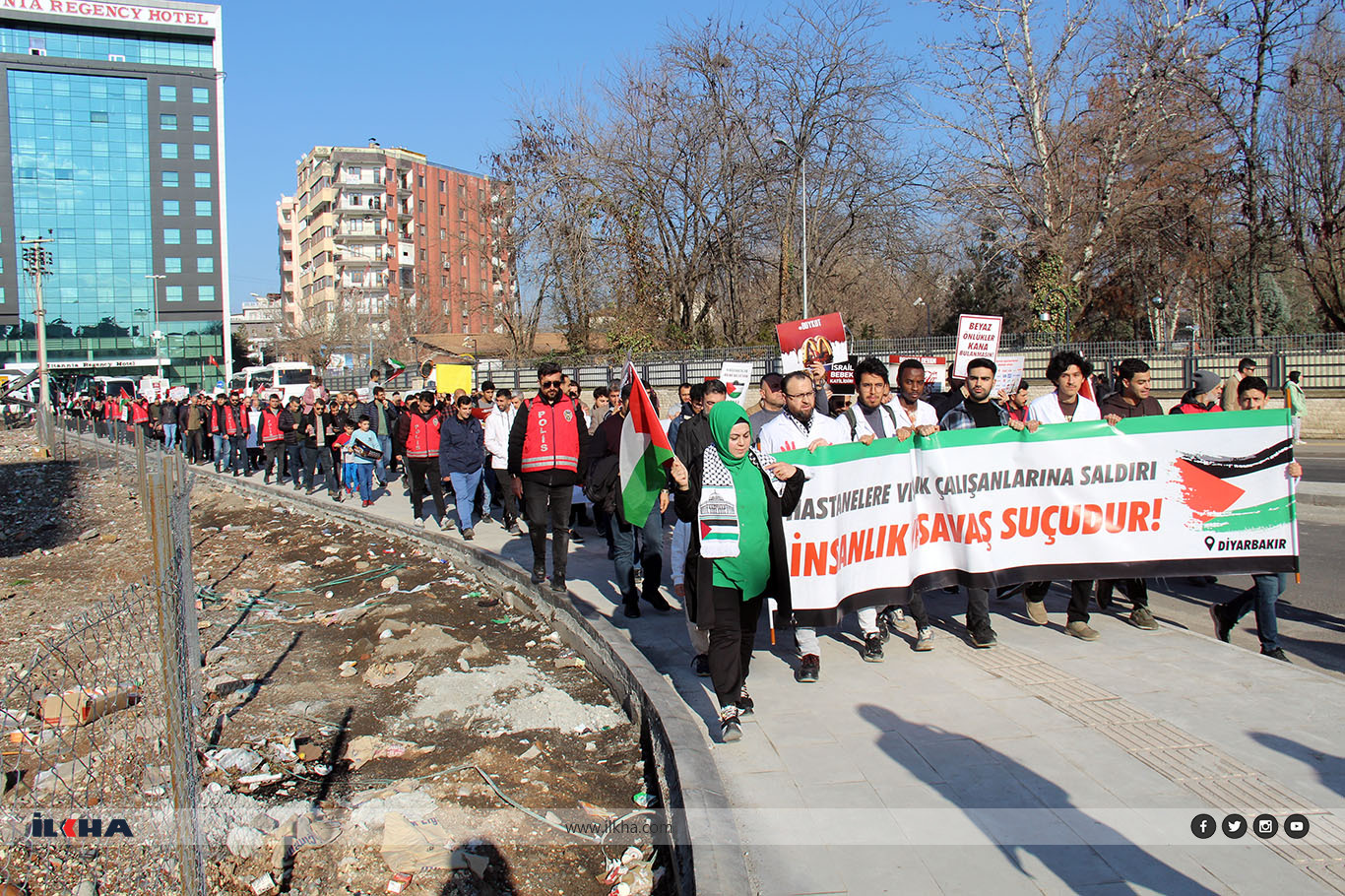

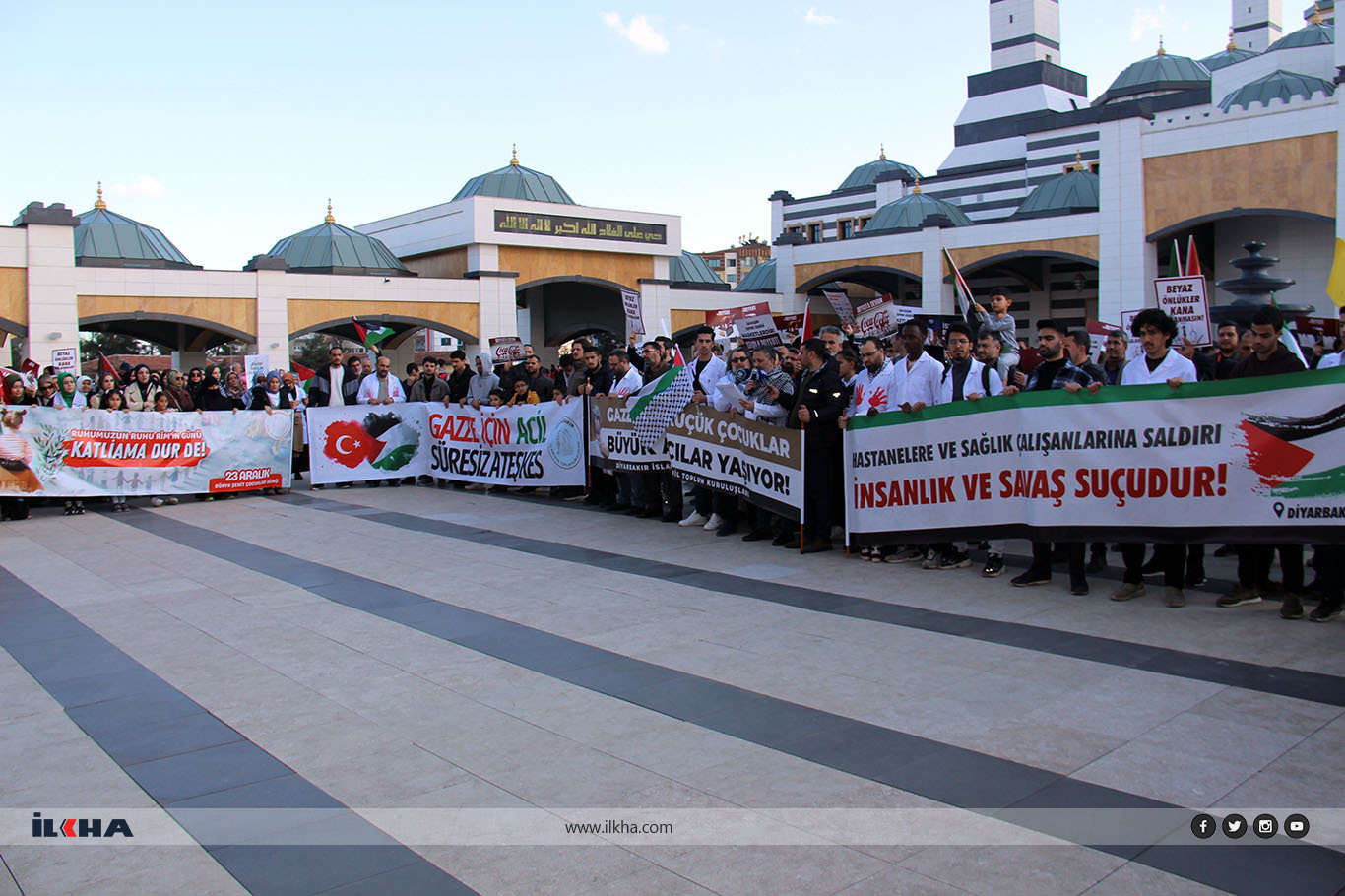
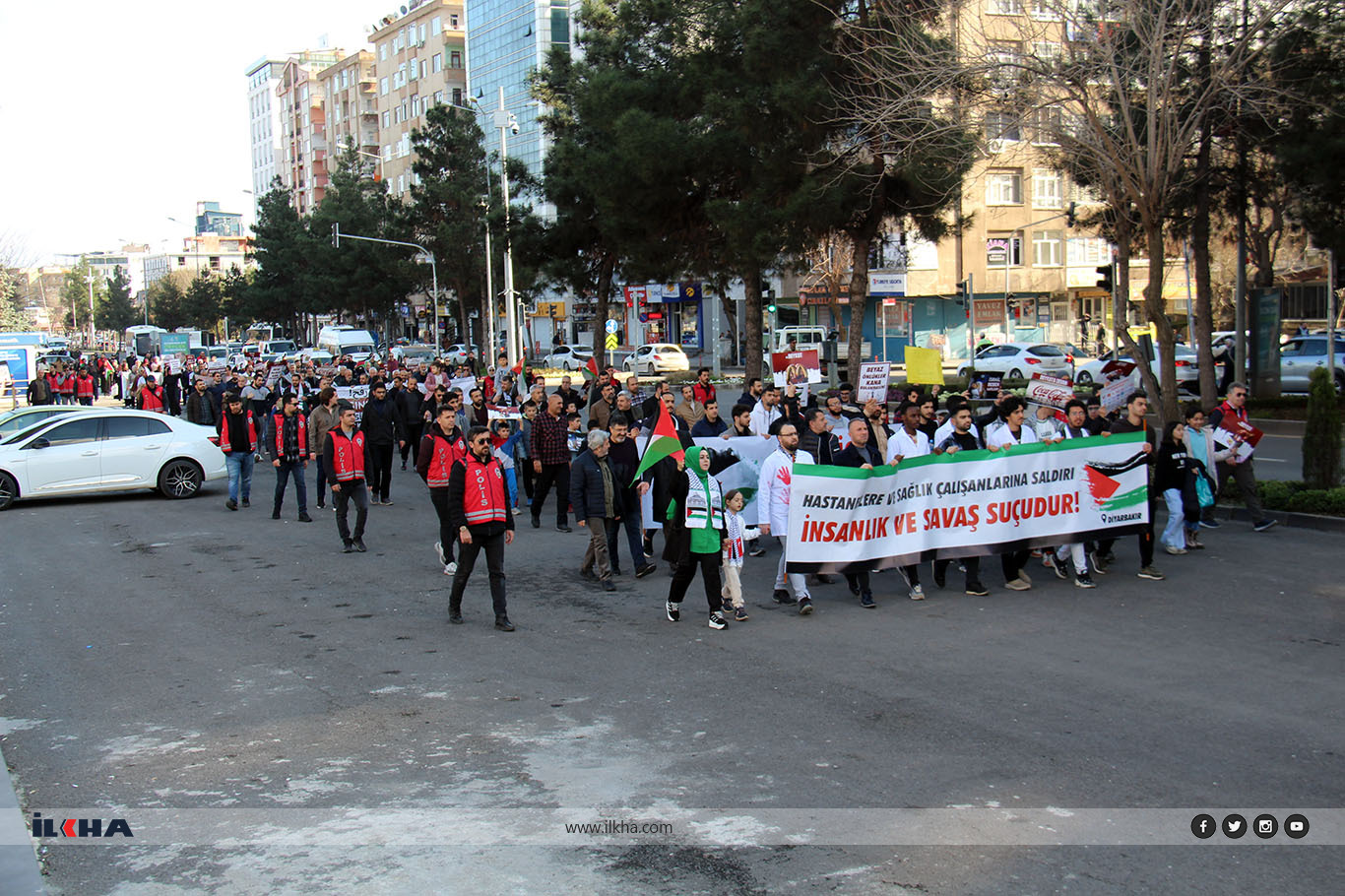
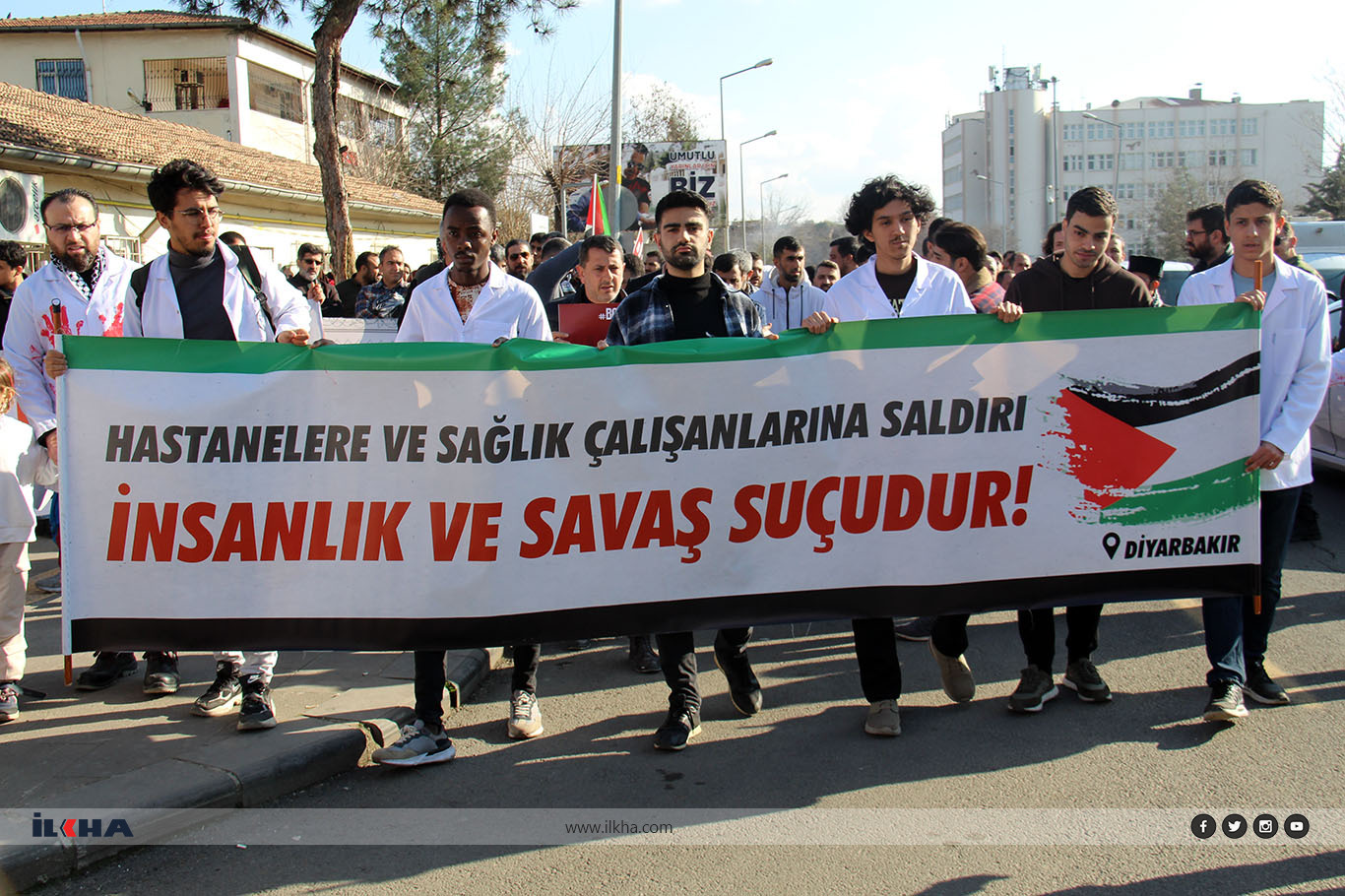

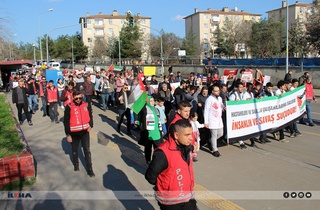

 Dünya
Dünya
 Güncel
Güncel
 Dünya
Dünya
 Güncel
Güncel
 Güncel
Güncel
 Güncel
Güncel
 Güncel
Güncel
 Dünya
Dünya
 Dünya
Dünya
 Dünya
Dünya





